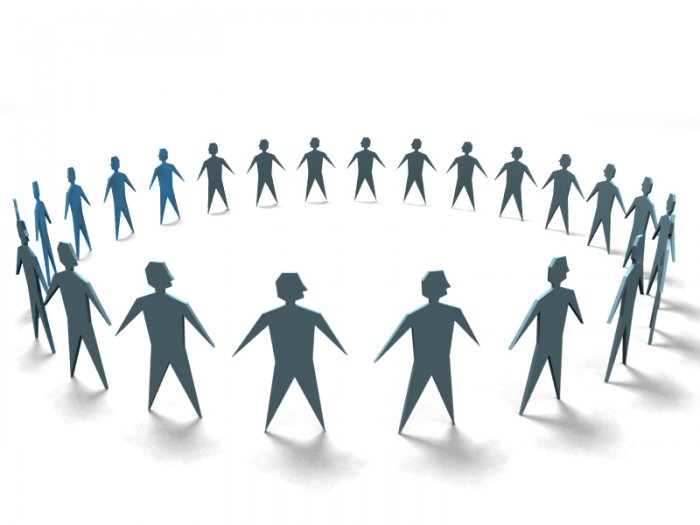Eating disorders can result in a host of serious consequences. Individuals with the condition starve their body of the essential nutrients they need to function. Eating disorders like bulimia nervosa and anorexia can cause a significant fluctuation in body weight, interfere with normal routine, and permanently affect your health.
With bulimia nervosa and other similar conditions, the affected individual goes through a phase of purging and binging, which upsets their digestive system and sets up their body for serious organ malfunctions, ranging from kidney disease to cardiovascular issues. The risks of eating disorders, therefore, are very real and dangerous.
Nutrition disorders usually result from the following:
Chemical changes in brain: Serotonin inside the brain may affect eating behaviors. It is a naturally-occurring chemical that is responsible for regulating learning, sleep, mood, and other things.
Psychological health: People suffering from eating disorders may have underlying psychological problems that may contribute to these orders. Examples include troubled relationships, anxiety, stress, and low self-esteem.
Society: Success is often equated with a slim body image and facial body, especially in the western culture. The desire or failure to achieve this body and facial image may fuel behaviors with nutrition disorders.
Usually females are affected by eating disorders, but a large proportion of men is also a victim. According to a study conducted by Harvard University, ¼ of Americans with bulimia or anorexia are men. And the same study revealed that 40 percent with a binge-eating disorder are men.
Males also suffer from dysmophia; this is a condition when an individual has an extreme desire to achieve a muscular physique. They see themselves with a small muscular frame and want to gain weight to fuel muscle development. Males with this condition may overeat in an attempt to increase muscle mass more quickly.
Because of malnutrition, both male and female sufferers may experience dry skin and hair fallout, along with serious medical problems. They may also experience lanugo, a condition that acts as a shield to help keep the body warm during periods of malnutrition; it creates a downy layer of hair all over the body and face.
How to treat eating disorders
There are several treatment solutions for eating disorders, with the following being the most effective:
Medication: Prescription medication can be an effective treatment for individuals with certain eating disorders, especially those who suffer co-occurring disorders. It makes it easy for participants to take greater responsibility of their recovery and improves their participation in the treatment. However, medications should only be prescribed by a medical professional who specializes in addiction medicine.
Recovery centers: There are eating disorder treatment centers for men and women that help them address issues with food and body image, along with advising balanced nutrition, which are crucial aspects of a healthy recovery. Some recovery centers also organize nutrition workshops, educating clients on the topics of label reading grocery shopping, meal planning, eating disorders, and hypoglycemia. Lastly, some provide 24-medical and clinical support in a fully therapeutic environment.
Psychotherapy: Group/individual psychotherapy sessions will help women and men with eating disorders to understand their disease, which will help them make decisions that brings a decrease in their symptoms. A psychiatrist provides both individual and group therapy sessions, and some will allow the patient to bring in a loved one to create a comfortable atmosphere.
Article Submitted By Derrick Manning (Community Writer)





